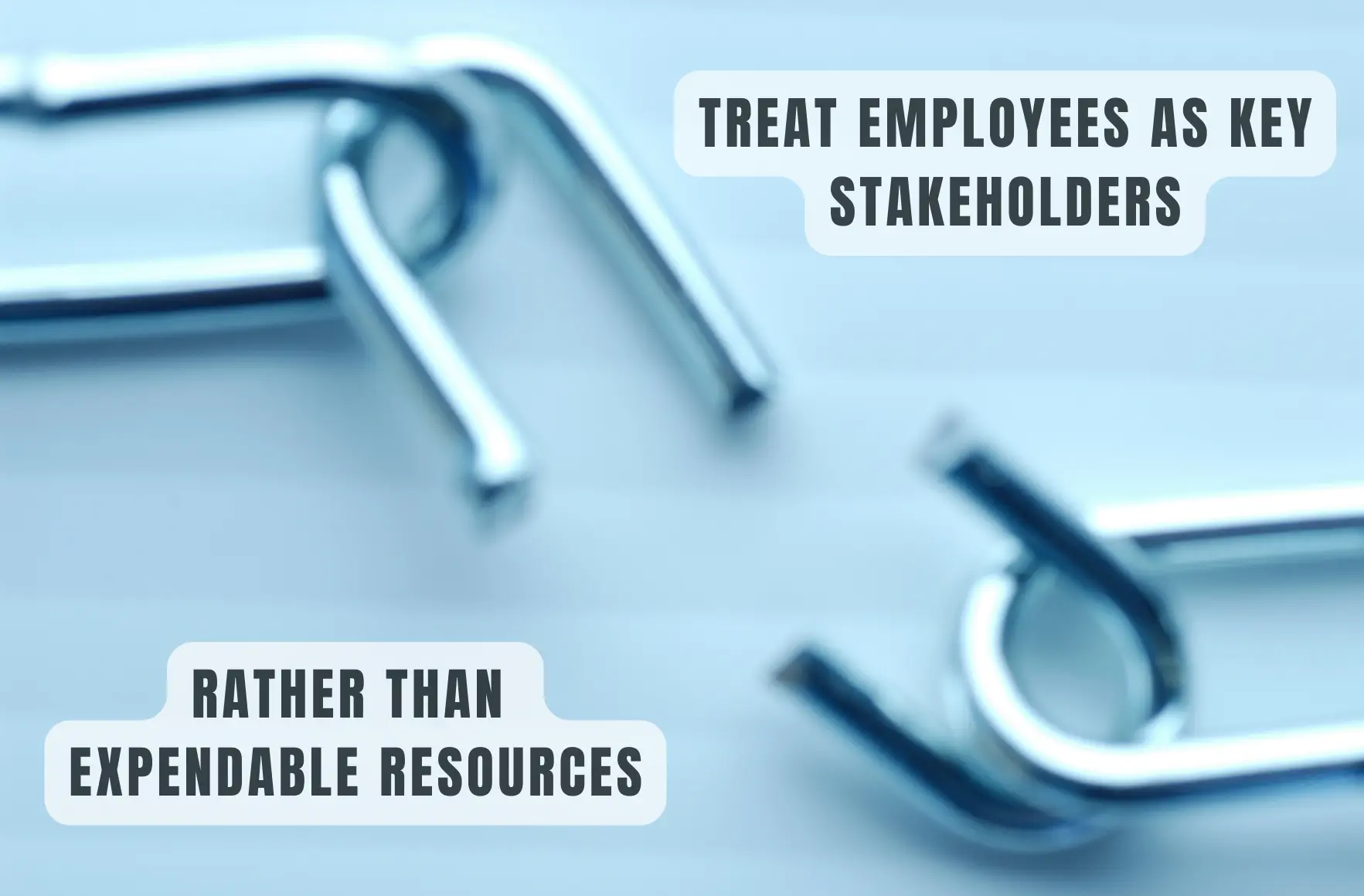Recently, there has been a surge of news regarding layoffs. Some call it downsizing, some call it right-sizing, or any other similar terms. The scale and the frequency at which it is happening is a point to reflect upon. I understand that part of it is an unfortunate side of the biz lifecycle and can’t be fully eliminated, but even then it must be relooked at and contemplated.
W.r.t recent mass layoffs, we can broadly categorize companies in the current market into 3 groups/categories.
(a) Layoffs by companies who are in the startup phase and yet to find unit economics or are trying to discover product fit.
(b) Layoffs by stable and large tech companies (like Google and Facebook) that experienced explosive growth during the pandemic.
(c) Other big or small companies that haven’t laid off their employees.
For companies in (a) and (b) above, some of the reasons are external macro factors – financial conditions change, and companies overestimated growth during covid. But both of these factors are nothing new. Conditions are meant to change more so in the aftermath of COVID when the financial markets seemed to be in a rush to create money out of thin air rather than focussing on value creation.
Similarly, the growth of a company is a key ask and a very exciting thing that is always a part of the primary business plan. But secondary plans, or a Plan B, must also be in place as in a fair number of cases when things derail, Plan B comes to your rescue.
The main reason some companies are not doing layoffs is not that conditions did not change for them, but because they look at people and profit differently. The difference lies in looking at employees as the key stakeholders for the business rather than as inventory for profit. If you see employees this way, then creating a workplace that is supportive and empathetic to people becomes a key goal and at times should take priority over the short-term profit and growth goals. Employees are not expendable as many organizations treat them but imperative for holistic growth that isn’t only concerned with profitability.
People may find new jobs but the trauma of being laid off, especially in a crisis, cannot be discounted.

One last thought about this topic, at least in public announcements, CEOs and founders are saying ‘I take full responsibility for this mistake’, but it ends there. There hasn’t been much accountability or impact on the top leadership, beyond the blog post. Responsibility doesn’t just end with a public apology, measures must be taken to ensure such a situation never repeats.
In the end, I want to leave you with the thought that the way for a business to succeed is by incorporating people as part of the company and as the foremost stakeholder. If done correctly, business growth and finances will follow anyway.
Written By,
Prashant Kumar
Chief Executive Officer



